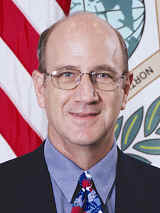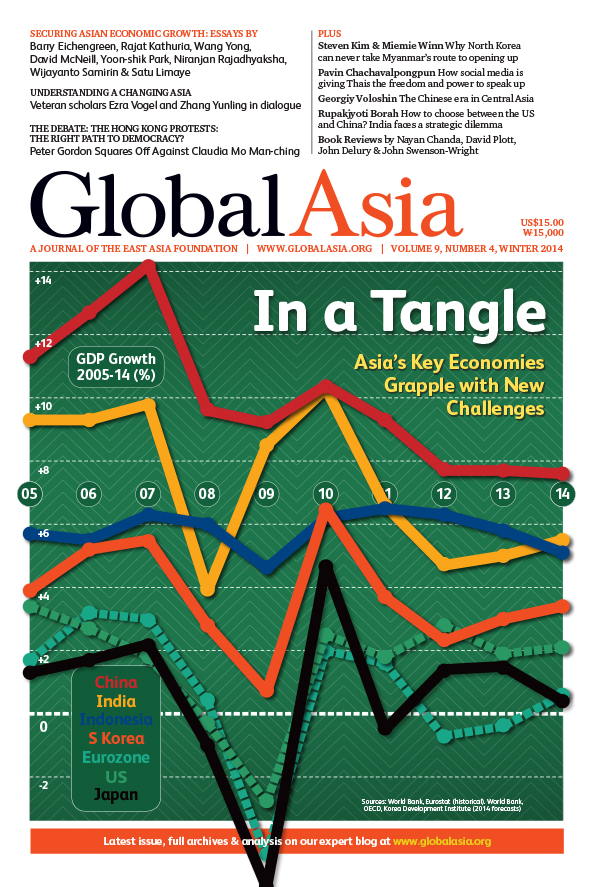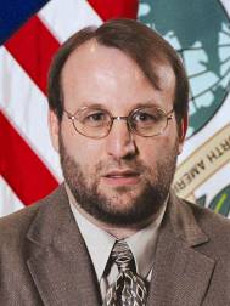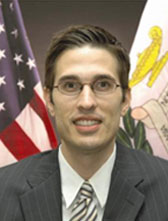Communication and Strategy Development
“Strategy and communication are an integral whole — best practiced as art, not science,” by Herman F. Finley, in his new paper, Communication and Strategy Development. “The strategist, as artist, uses principles not checklists, intuition more than rules, to collaboratively shape a better future in a world composed of interconnected complex adaptive systems.” This article is the companion piece to a broader strategy development essay to be written by Finley, an associate professor, who lectures on information technology, strategic communications and complexity at the Asia-Pacific Center for Security Studies. According to Finley, “A first step in understanding the linkages between communication and strategy [...]










